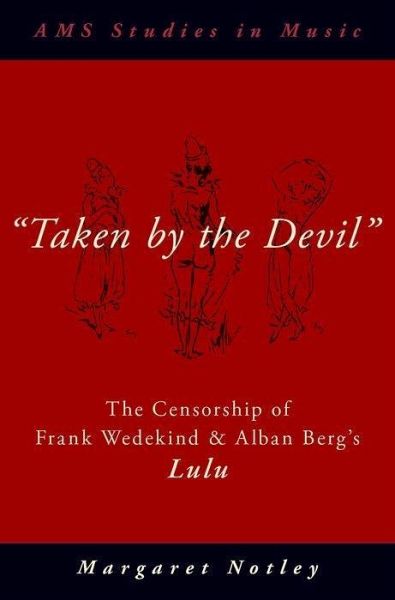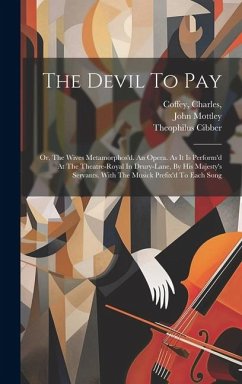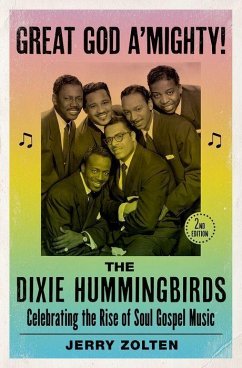
"taken by the Devil"
The Censorship of Frank Wedekind and Alban Berg's Lulu
Versandkostenfrei!
Versandfertig in über 4 Wochen
88,99 €
inkl. MwSt.
Weitere Ausgaben:

PAYBACK Punkte
44 °P sammeln!
Through the telling of Alban Berg's Lulu, "Taken by the Devil" illuminates the forces of politically-driven censorship of theater, music, and the arts during the tumultuous early twentieth century.













